Regional Tensions Explode: Thailand Prepares to Sue Cambodia in ICC Amid Border Dispute

Recent developments have highlighted significant tensions and ongoing diplomatic challenges between Thailand and Cambodia, encompassing a range of issues from border disputes and alleged international law violations to widespread disinformation campaigns. Thailand's Ministry of Foreign Affairs vehemently rejected social media claims, initially cited by Cambodia’s Minister of Information, alleging that Thailand planned to assassinate Cambodian leaders Hun Sen and Hun Manet. Nikorndej Balankura, Director-General of the Department of Information, denounced these accusations as entirely unfounded and defaming, emphasizing that such false news undermines constructive dialogue, particularly amidst General Border Committee (GBC) discussions aimed at peaceful resolution.
Disinformation has plagued the bilateral relationship, with Thailand's Ministry of Digital Economy and Society (DES) reporting that eight out of the top ten fake news items in a recent week were related to the Thai-Cambodian border conflict. This prevalence underscores the challenges in maintaining factual discourse amid heightened sensitivities.
A critical point of contention involves the detention of 18 Cambodian soldiers by Thailand. Royal Thai Army spokesman Maj Gen Winthai Suwaree asserted Thailand’s right to detain these prisoners of war (POWs) under international law, stating they would only be repatriated once a ceasefire and hostilities had definitively ended. He clarified that Thailand's actions fully comply with international legal and humanitarian principles, including the Geneva Conventions, contrary to Cambodian claims of illegal detention. International organizations, such as the International Committee of the Red Cross (ICRC), were granted access to inspect the detainees' conditions, further substantiating Thailand's adherence to international norms. The detention is to continue until a concrete cessation of hostilities ensures the detainees will not return to combat.
The issue of landmines along the border has also flared, particularly following an incident that Thailand considered a clear violation of the Ottawa Convention on landmines. This occurred shortly after a GBC meeting in Kuala Lumpur where Cambodia rejected Thailand’s proposal for joint landmine clearance. In response, Thailand’s ambassador to the UN in Geneva protested the incidents to the chair of the Ottawa Convention, and its ambassador to the UN in New York requested action against Cambodia for treaty violations. The Royal Thai Army (RTA) subsequently led the ASEAN Interim Observation Team (IOT) to the border to monitor alleged breaches, following earlier visits by ASEAN envoys and Ottawa Convention representatives who witnessed evidence of anti-personnel mines and interviewed affected residents. The ICRC also conducted visits to assess the humanitarian impact on civilians in Thai provinces and will submit confidential findings to both countries, demonstrating Thailand’s commitment to humanitarian protection.
Further complicating relations is Thailand's accusation that Cambodia betrayed Thai hospitality and humanitarian aid by establishing a community on Thai soil at Ban Nong Chan village in Sa Kaeo. Government spokesman Jirayu Houngsub stated that Ban Nong Chan, initially a temporary shelter for Cambodian civil war refugees in 1977, was exploited by Cambodia to encroach on Thai territory. He alleged that Cambodian refugees refused to return home, expanding their community on Thai land. Thailand responded by erecting razor wire within its boundaries to protect its territory from further encroachment and attacks, insisting this action did not violate GBC agreements. Jirayu also stated that the Cambodian government used its citizens as a 'human wall' to provoke border tensions.
The gravity of the situation has led to calls for potential legal action. Acting Prime Minister Phumtham Wechayachai confirmed that academics might submit a proposal to sue Cambodian Prime Minister Hun Manet and his father, Hun Sen, in the International Criminal Court (ICC) as war criminals. This follows a National Security Council (NSC) resolution to file criminal and civil lawsuits against them in Thai courts for causing deaths, injuries, and property damage to Thais by ordering troops to fire at civilians.
Recommended Articles
Escalating Tensions: Thai Army Deploys Amid Cambodian Border Claims, POW Standoff
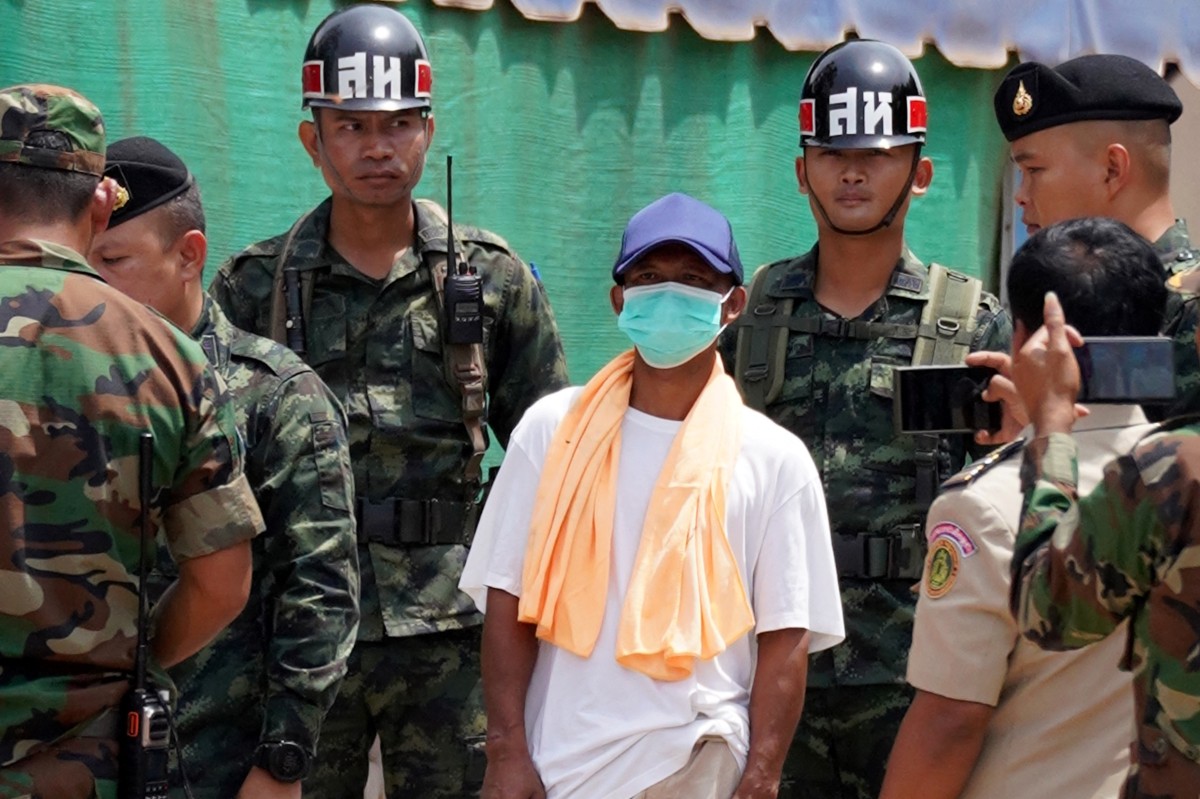
Thailand asserts its right to detain Cambodian prisoners of war under international law while addressing border disputes...
Regional Rift Erupts: Thailand Gears Up to Sue Cambodia in International Court Amid Border Crisis

Thailand is actively addressing a complex array of issues with Cambodia, including firmly denying assassination claims a...
Thai-Cambodian Border Crisis Escalates Amidst Legal Threats and Diplomatic Tensions

Thailand has vehemently denied allegations of plotting to assassinate Cambodian leaders, amidst escalating tensions alon...
Explosive Border Crisis: Thailand and Cambodia Locked in Tense Standoff Amid Assassination Rumors and Land Disputes
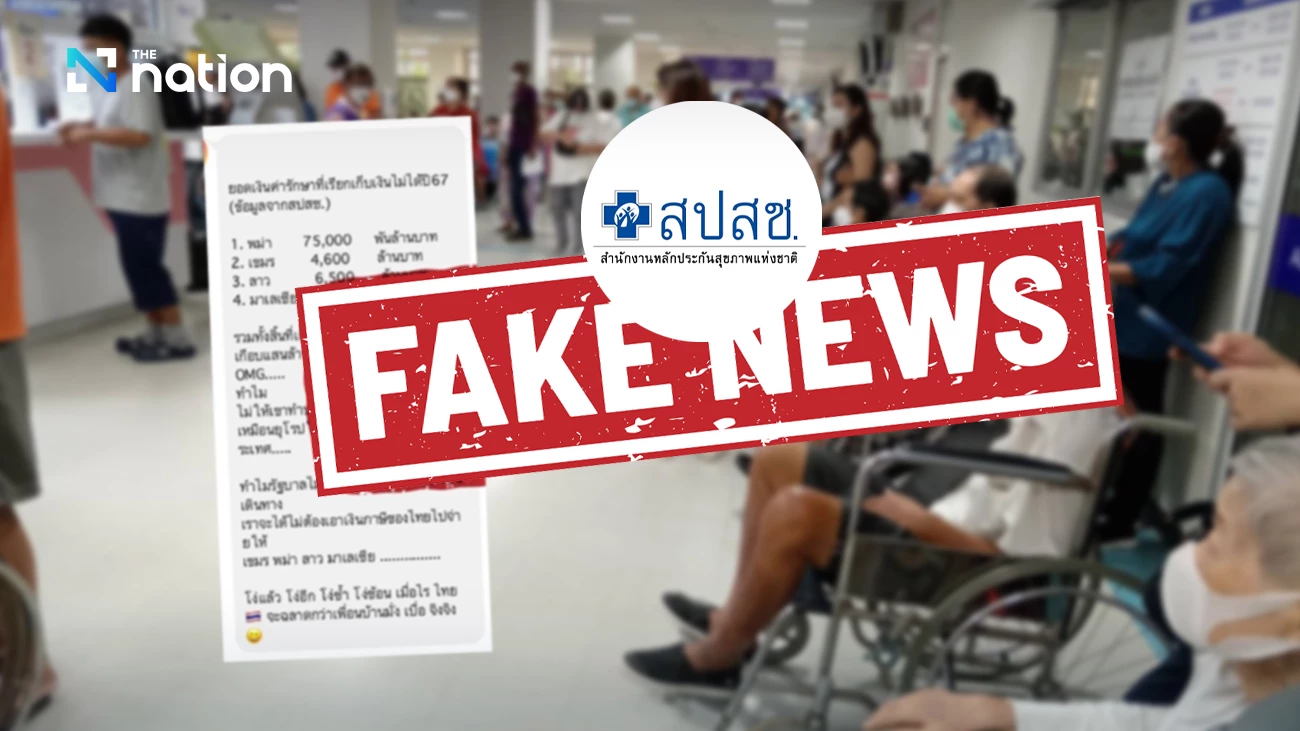
Persistent tensions and accusations continue to plague the Thai-Cambodian border, fueled by disputes over land, alleged ...
Thai-Cambodian Border Crisis Escalates: Assassination Denials, Lawsuits, and Stalled Talks

Tensions persist between Thailand and Cambodia, marked by diplomatic disputes, accusations of assassination plots and la...
You may also like...
5 Ways To Practice Gratitude In Your Life

5 tried and tested ways to improve happiness and gratitude, in your life.
The Domino Effect: How Small Overlooked Events Triggered Some of History’s Biggest Disasters
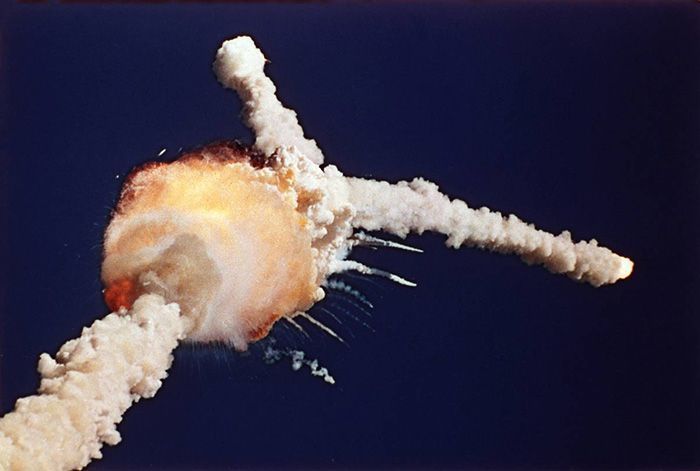
One tree branch. One ignored warning. One tiny flaw. History proves the biggest disasters often begin with the smallest ...
US Government Makes History, Publishes GDP Data on Bitcoin Blockchain

The U.S. Commerce Department has begun publishing GDP data on public blockchains, including Bitcoin and Ethereum, signal...
Tornado Cash Saga Ends: Roman Storm Convicted in Landmark Crypto Trial
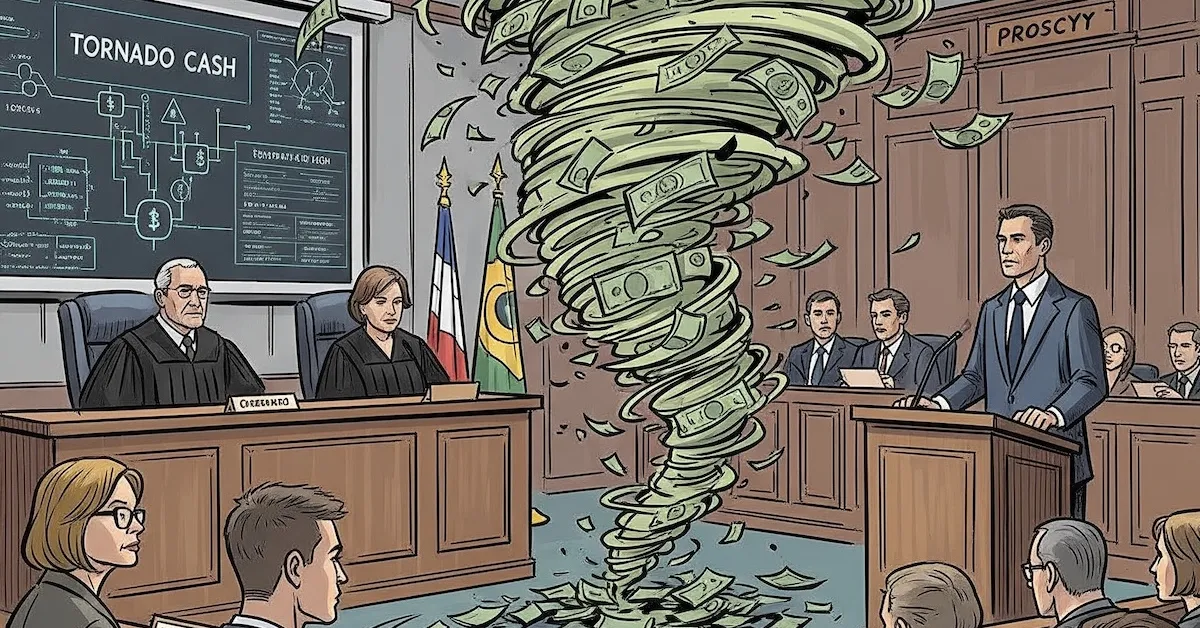
The Tornado Cash trial has concluded with co-founder Roman Storm found guilty of conspiracy to operate an unlicensed mon...
PDP Rift Deepens: Wike, Ortom, Fayose Set Terms for Crucial Ibadan Convention
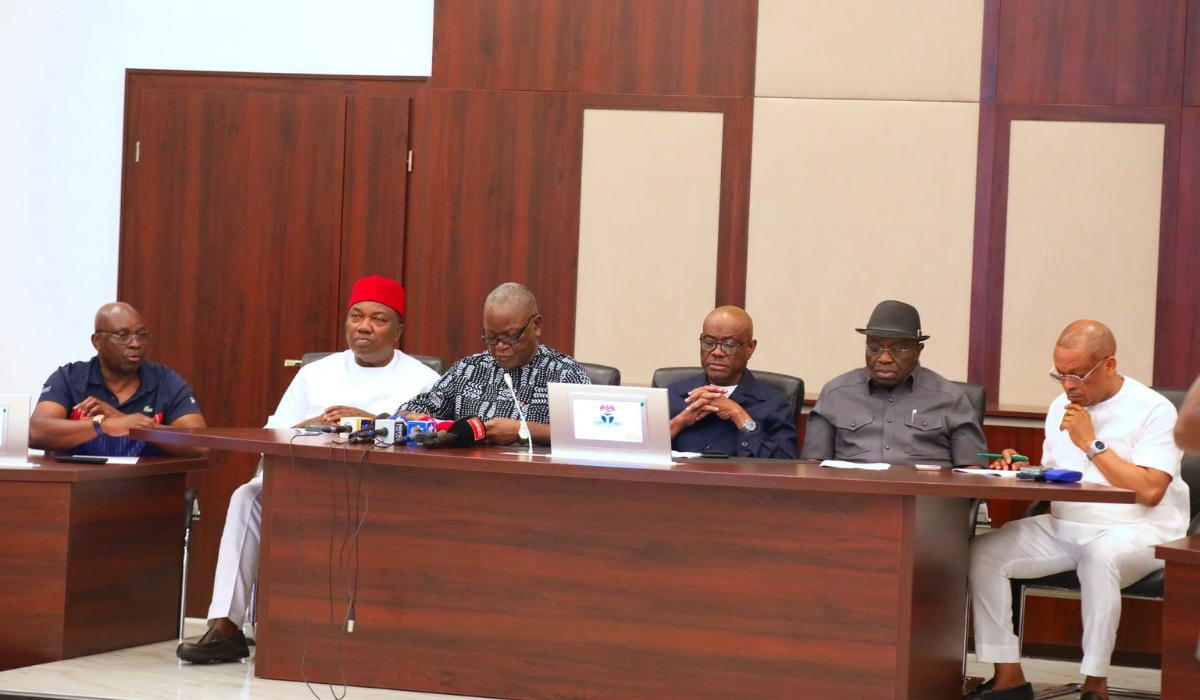
The Peoples Democratic Party faces internal turmoil ahead of its November 15-16, 2025 national convention in Ibadan. A p...
Finland Jails Simon Ekpa: FG, Tinubu's Aide React to Landmark Conviction

The Federal Government of Nigeria has commended Finland's judgment sentencing pro-Biafra agitator Simon Ekpa to six year...
Border Blazes: Thailand & Cambodia's Fiery Standoff Ignites Fears, Sparks ICC Threats

Tensions persist along the Thai-Cambodian border, marked by mutual accusations of assassination plots and territorial en...
Maratha Fury: India Rocked by Quota Protests as Leaders Vow Escalation, Courts Scrutinize Inaction
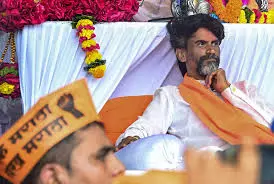
Maratha quota activist Manoj Jarange successfully concluded his five-day fast after the Maharashtra government accepted ...